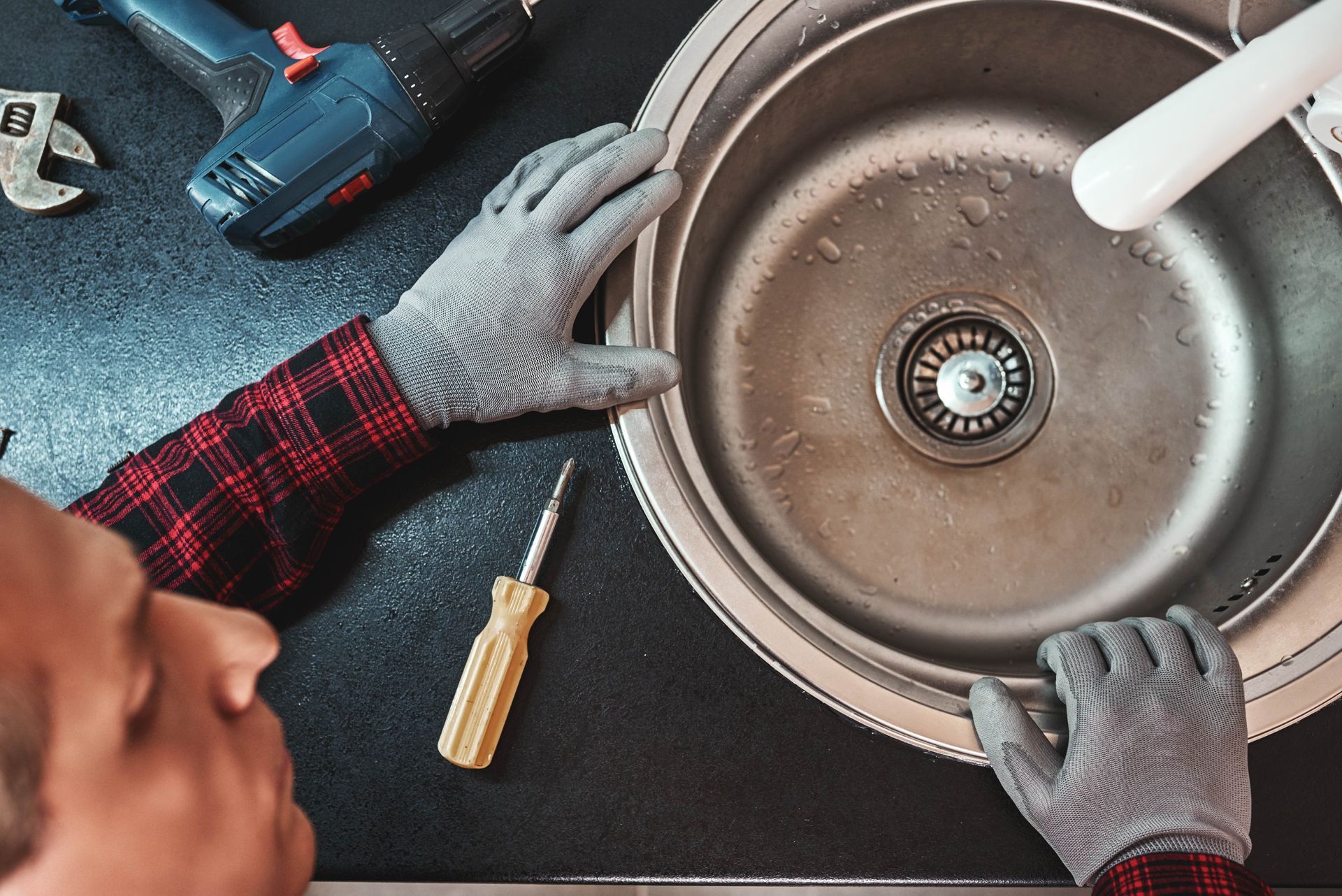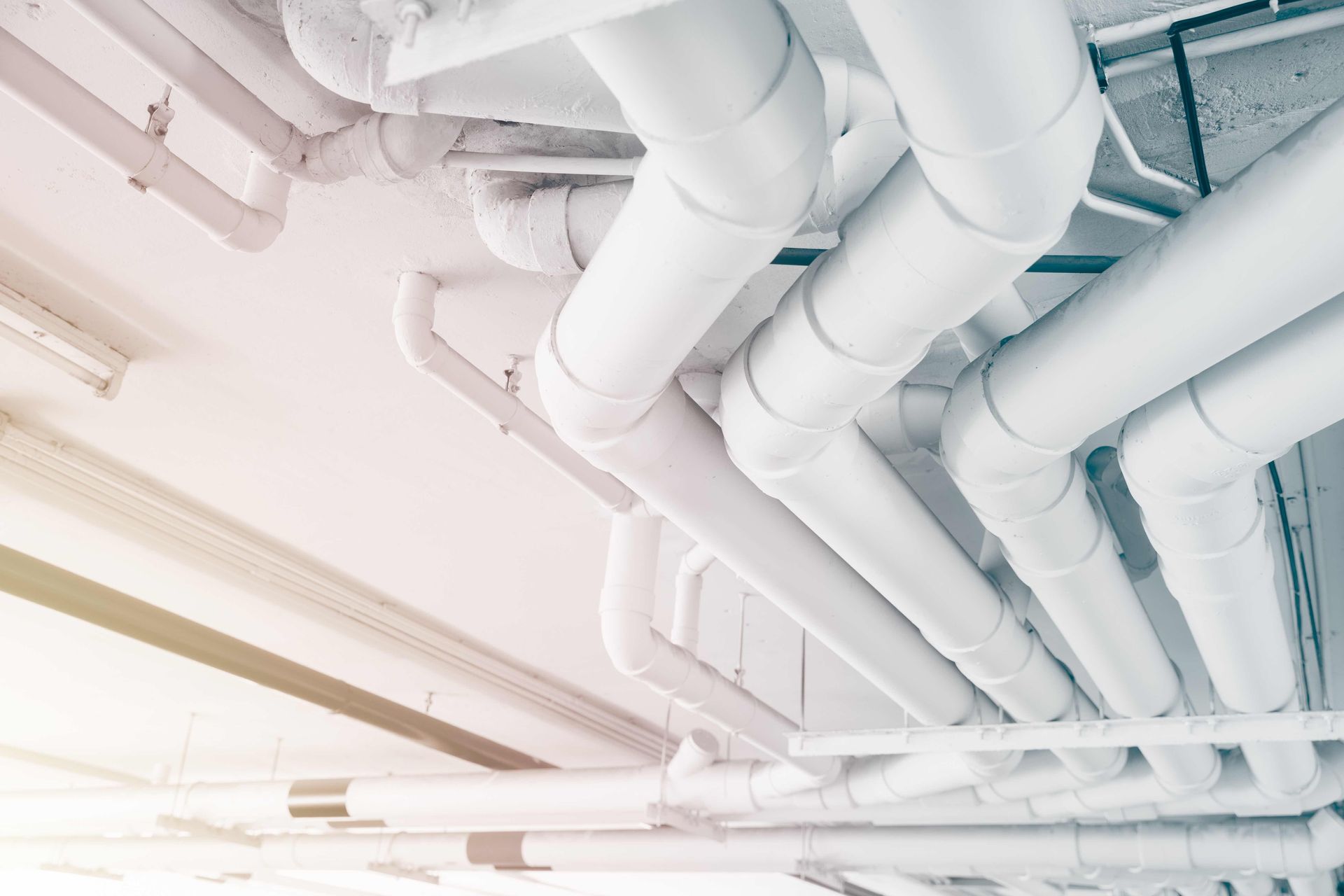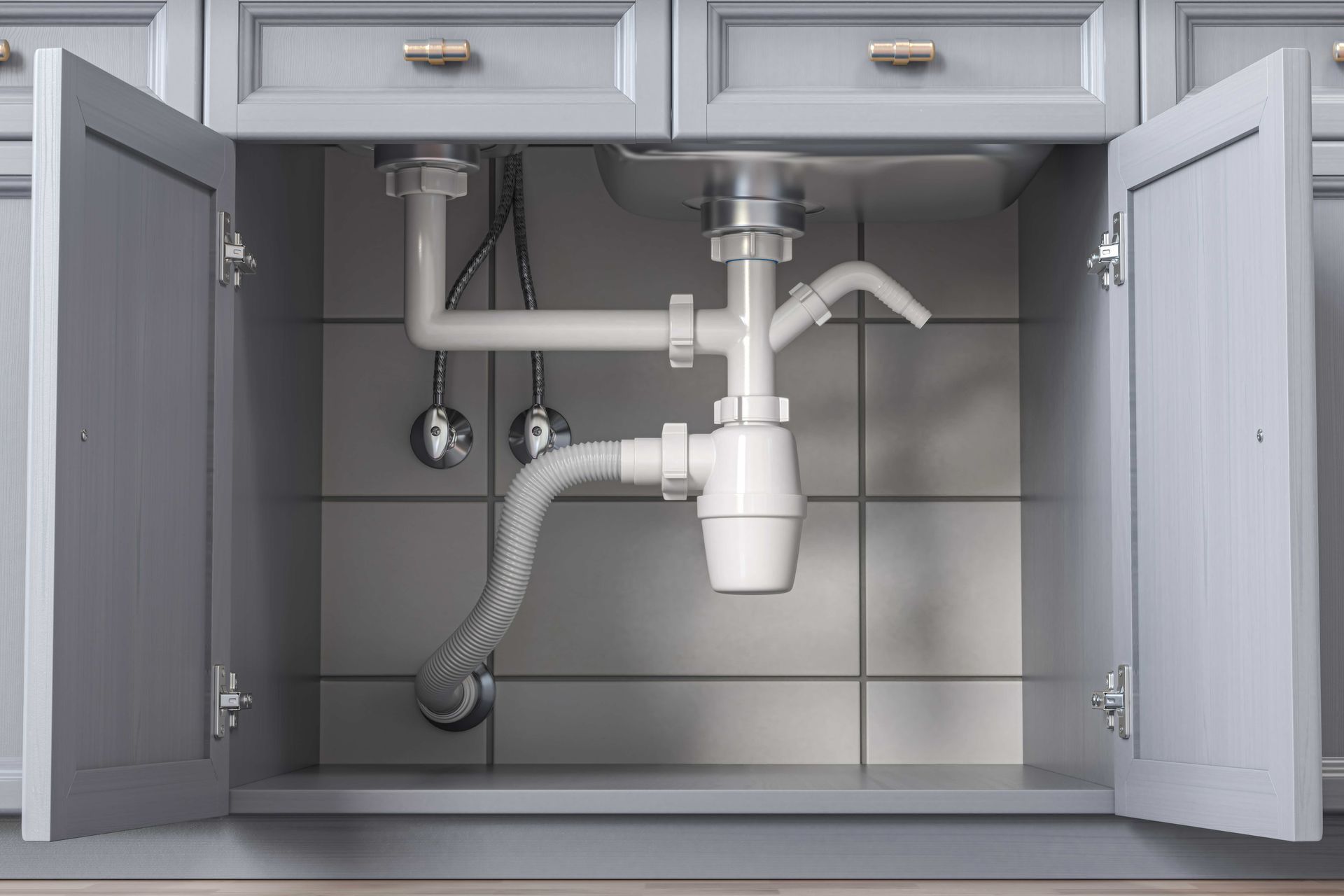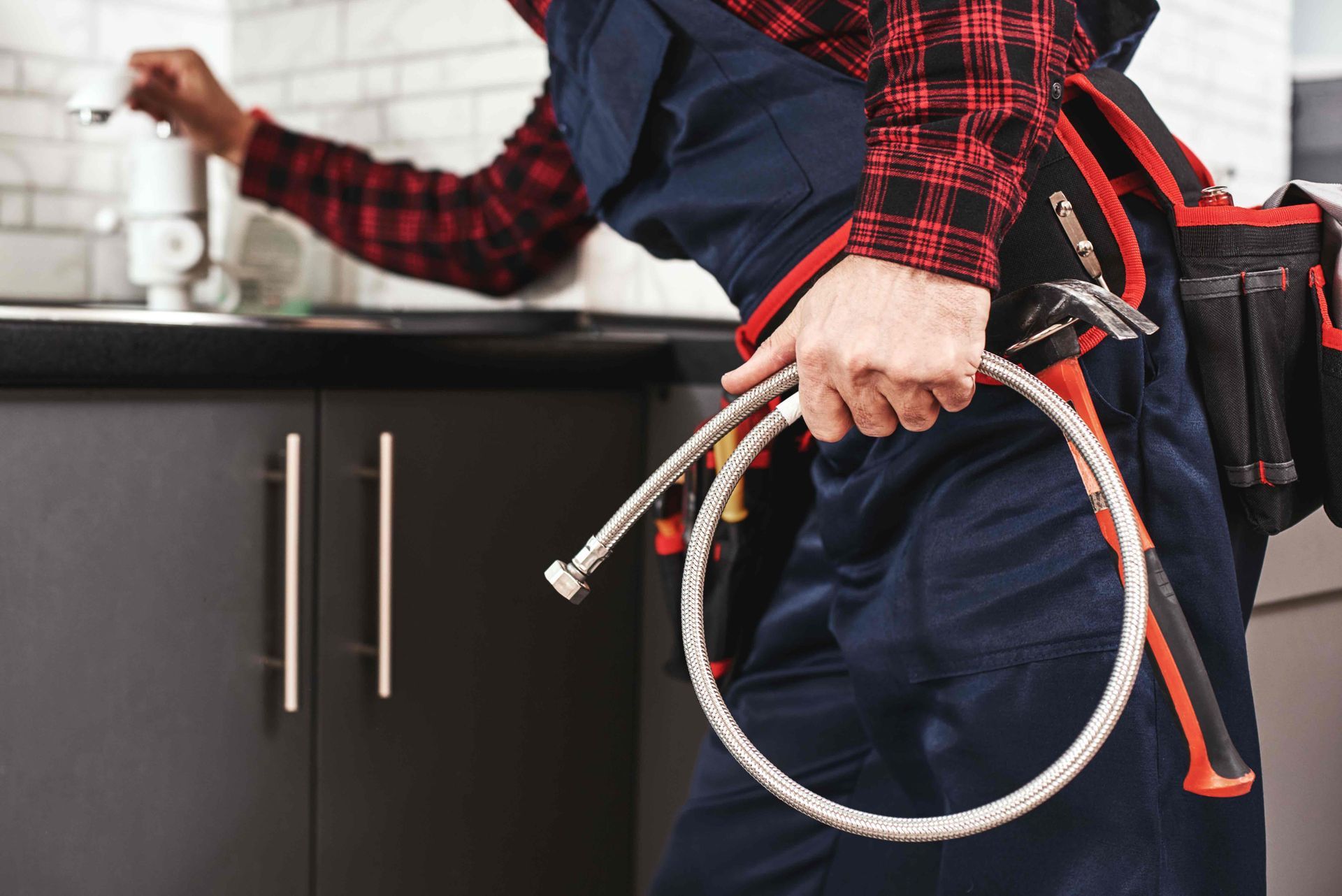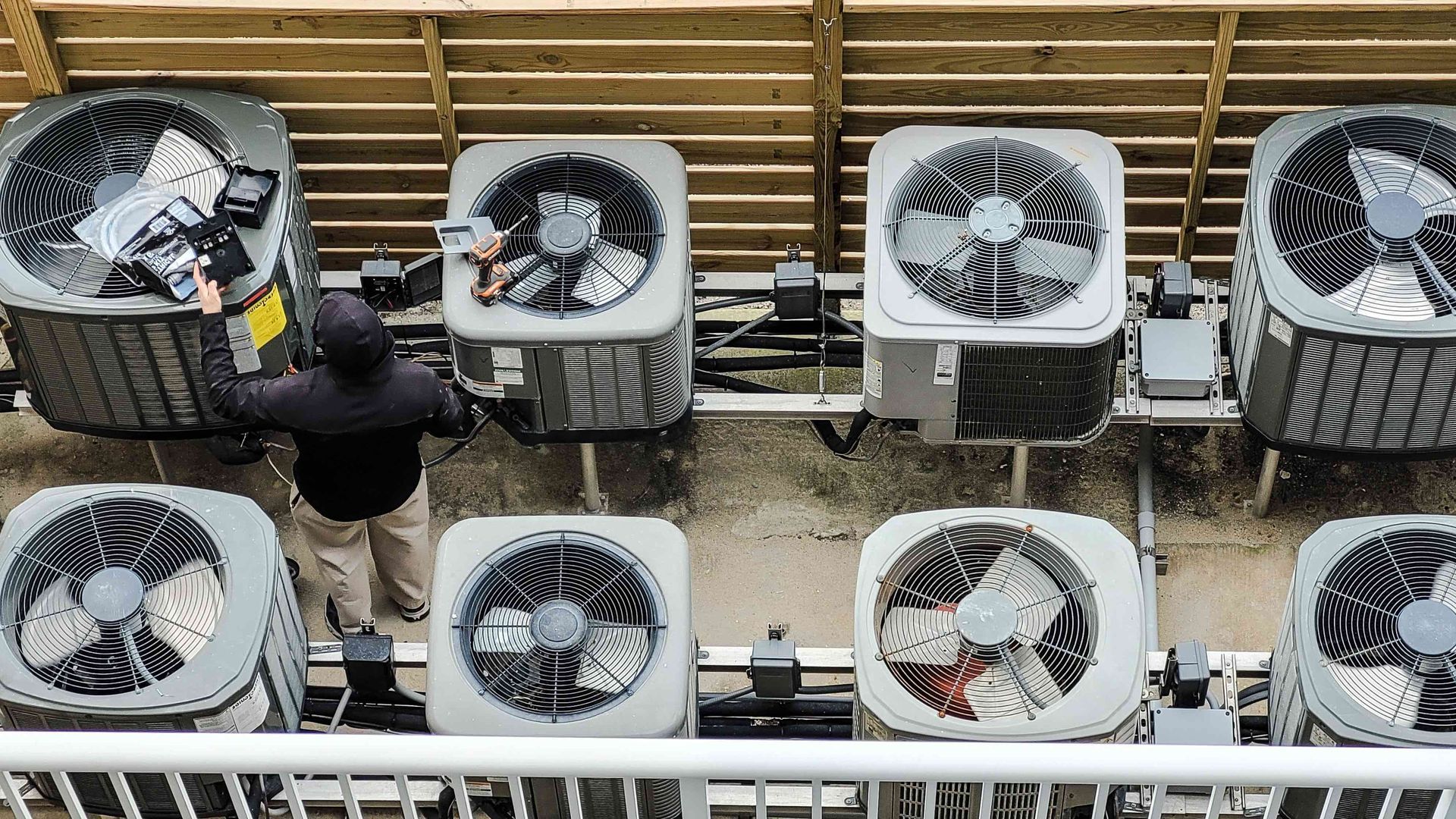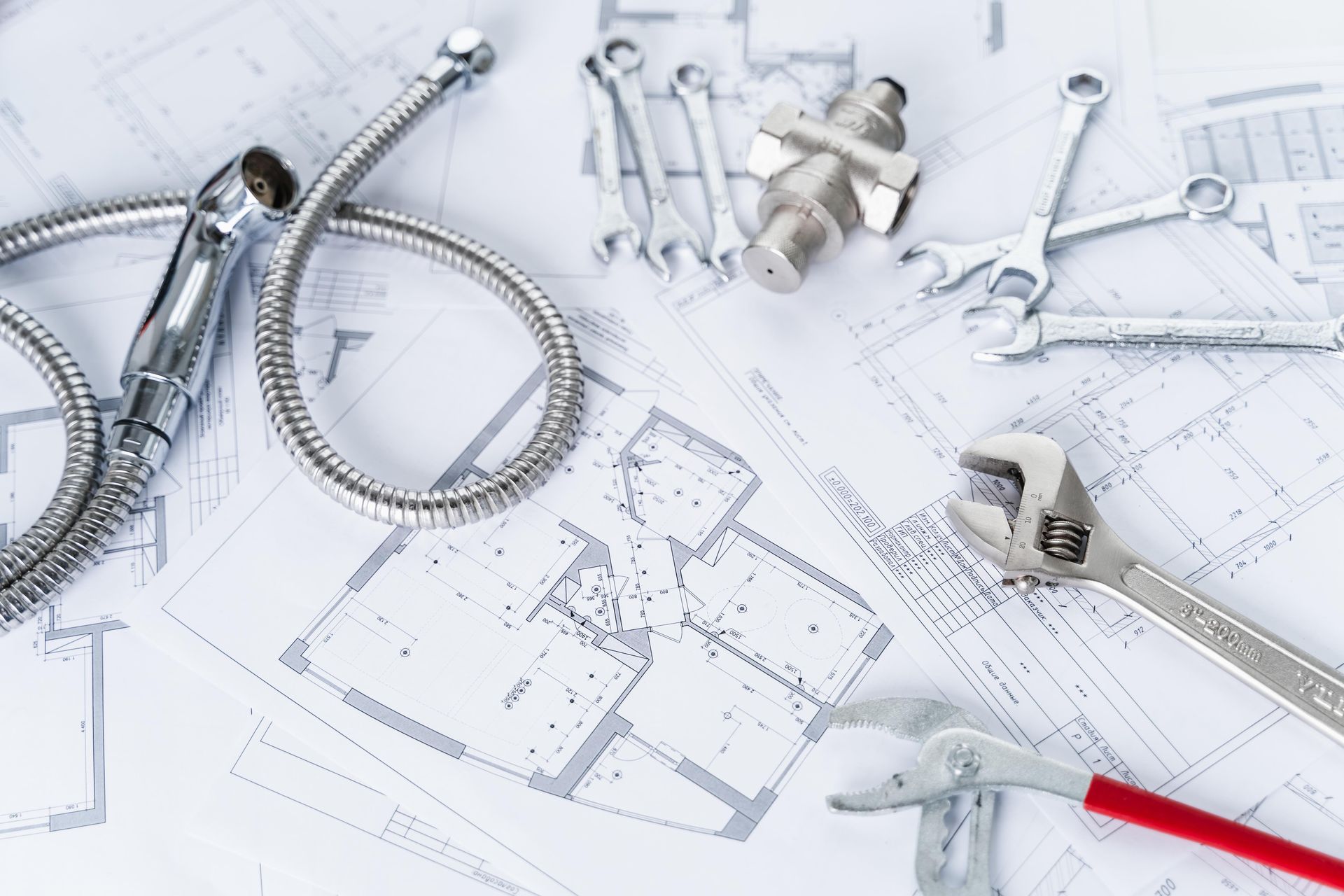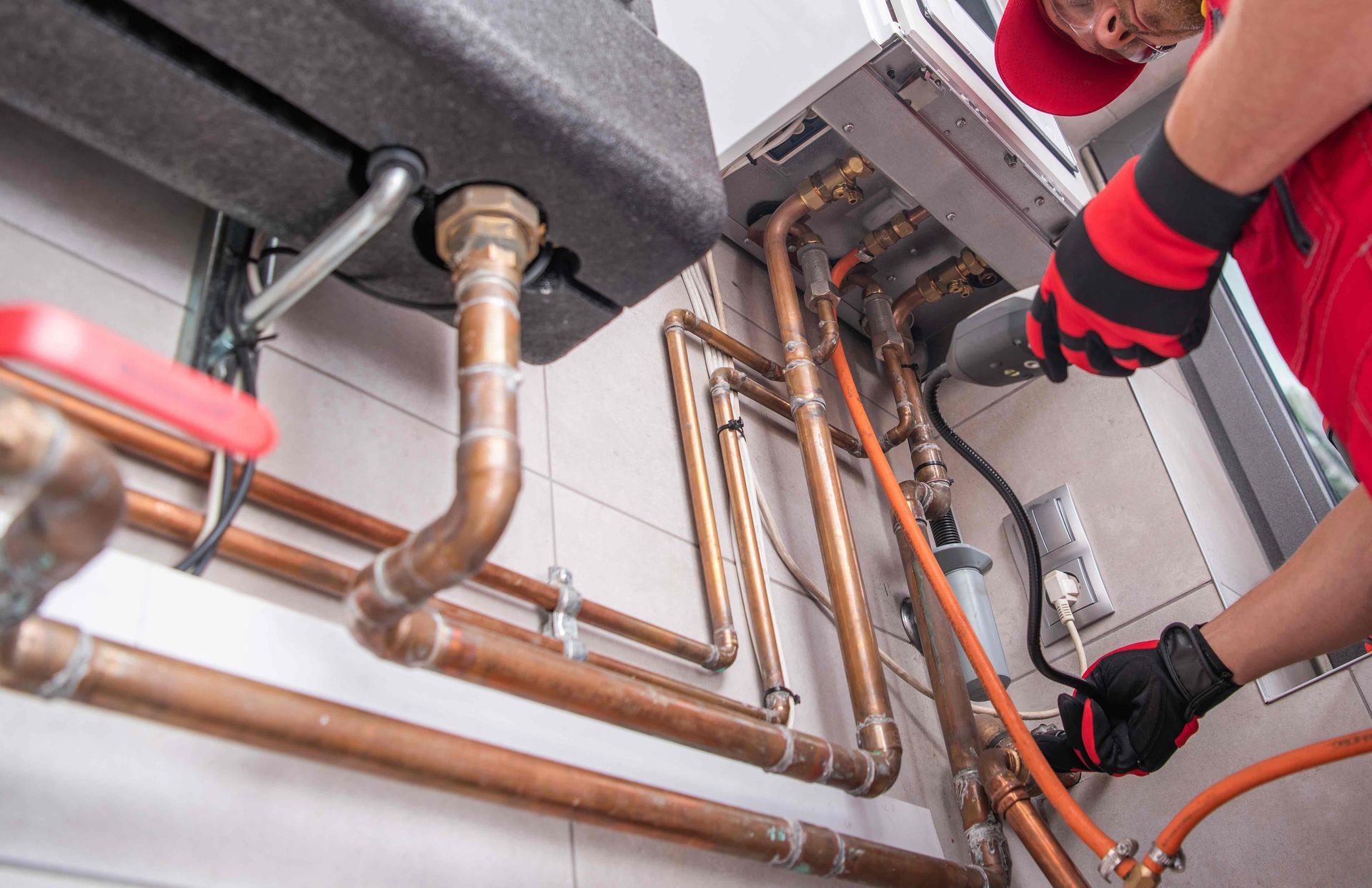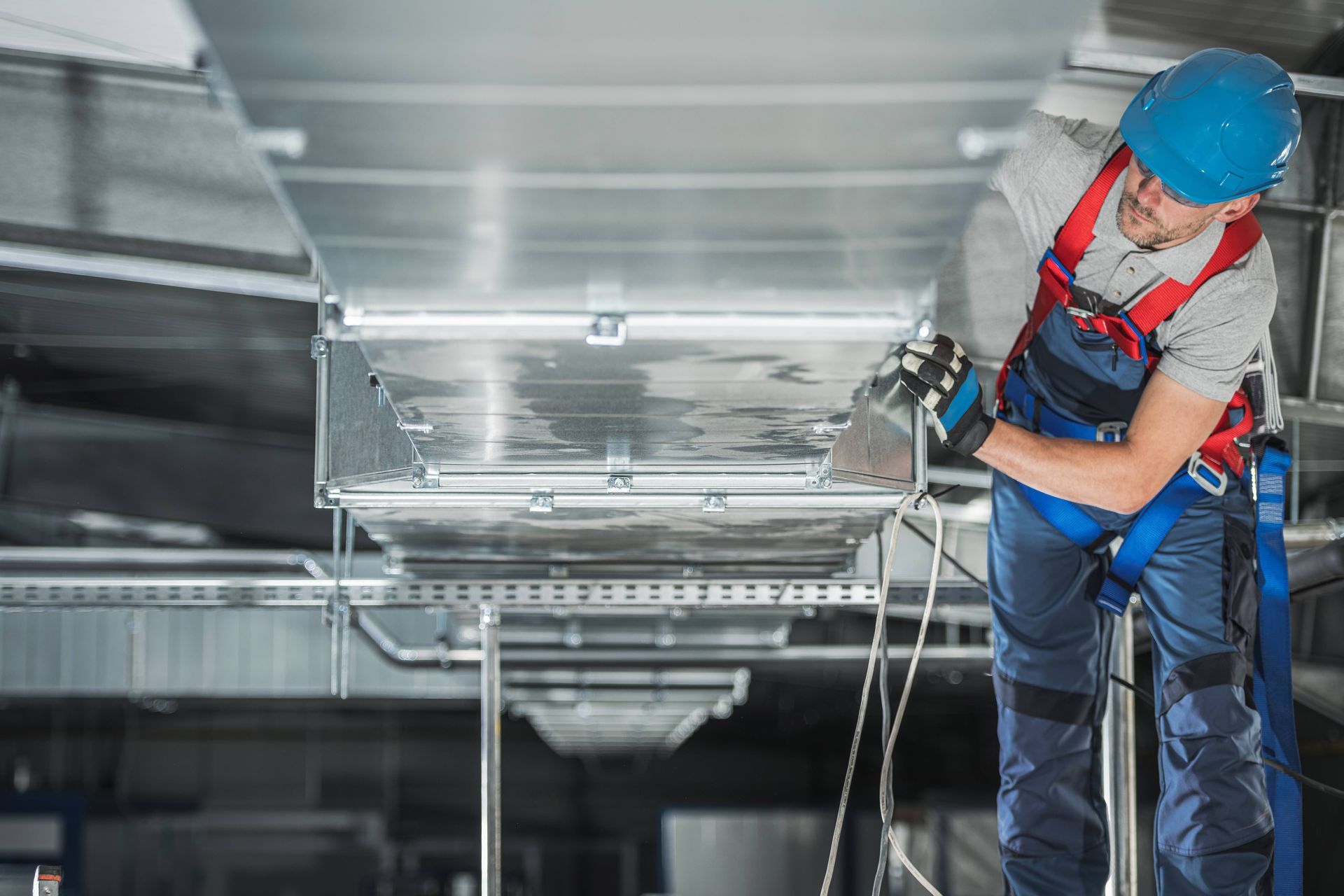A Homeowner's Guide to Residential Heating System Upgrades
As a homeowner, keeping your home warm and comfortable during the colder months is essential for your household's well-being. If your heating system is outdated or inefficient, it may be time for an upgrade. This article will delve into the various heating system options available, their benefits, and factors to consider when upgrading your residential heating system.
Types of Heating Systems
Forced Air Systems:
- Furnaces are a popular choice in many homes. They use natural gas, propane, or electricity to heat air, which is then distributed throughout the home via a ductwork system.
- Heat pumps also use forced air and are highly efficient, as they transfer heat from the outdoors or ground into the home, rather than generating heat from fuel.
Radiant Heating Systems:
- Radiant floor heating systems use either electric cables or heated water pipes installed beneath the floor to provide even, consistent heat.
- Hydronic baseboard heaters also use hot water, which circulates through pipes installed along the baseboards of the home to provide heat.
Boilers and Steam Heating Systems:
- Boilers heat water, producing steam or hot water, which is then distributed through pipes to radiators throughout the home.
- Steam heating systems are less common, but use a similar principle, with steam generated by a boiler moving through pipes to heat radiators.
Benefits of Upgrading Your Heating System
Energy Efficiency:
Newer heating systems are generally more energy-efficient, leading to lower energy bills and a reduced carbon footprint.
Increased Home Comfort:
Upgraded heating systems provide more consistent, even heat, leading to a more comfortable living environment.
Higher Home Value:
An upgraded heating system can make your home more attractive to potential buyers, increasing its resale value.
Improved Air Quality:
Modern heating systems often provide better air filtration, reducing the amount of dust and allergens in your home.
Factors to Consider When Upgrading
Energy Source:
Determine which energy source is most readily available and cost-effective for your home. This could be natural gas, propane, electricity, or even geothermal energy for heat pumps.
Budget:
Consider the upfront installation costs, as well as the ongoing operating costs, of each heating system option.
Home Layout:
Your home's layout and existing ductwork or piping will play a role in determining the best heating system for your needs.
Efficiency Rating:
Look for heating systems with high Annual Fuel Utilization Efficiency (AFUE) ratings or Heating Seasonal Performance Factor (HSPF) ratings for heat pumps.
Professional Installation:
Always work with a qualified professional, like Advanced Mechanical Group Inc, to ensure the proper installation and maintenance of your new heating system.
In conclusion, upgrading your residential heating system can provide numerous benefits, including increased energy efficiency, improved home comfort, and higher home value. Considering factors like energy source, budget, home layout, efficiency rating, and professional installation will help you make the best choice for your home. Ready to upgrade your heating system? Contact Advanced Mechanical Group Inc today to discuss your options and schedule a consultation!


